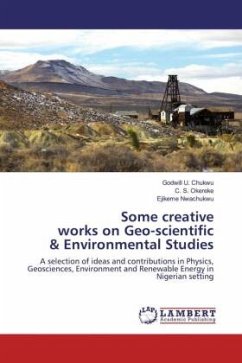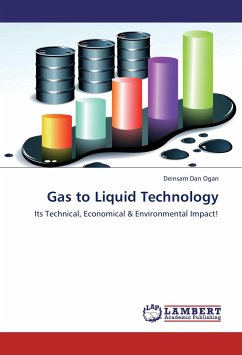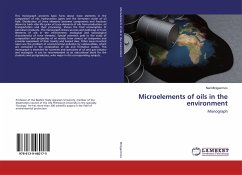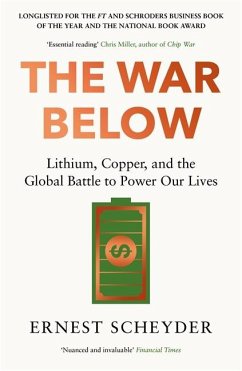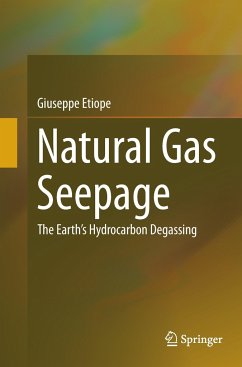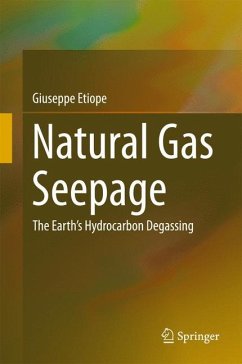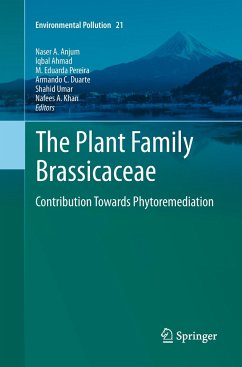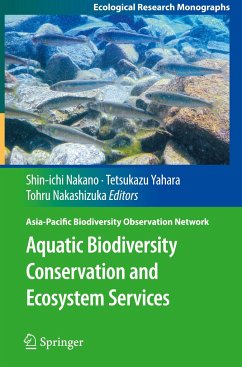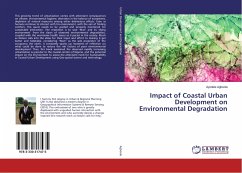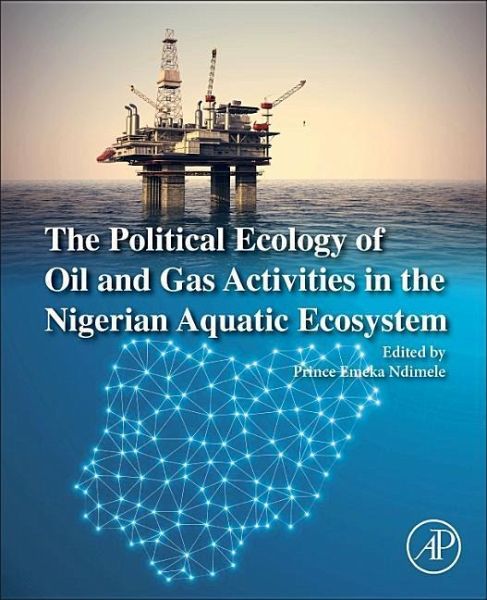
The Political Ecology of Oil and Gas Activities in the Nigerian Aquatic Ecosystem

PAYBACK Punkte
36 °P sammeln!
The Political Ecology of Oil and Gas Activities in the Nigerian Aquatic Ecosystem reviews the current status of the ecosystems and economic implications of oil and gas development in Nigeria, a key oil-producing state. The ecological and economic impacts of oil and gas development, particularly in developing nations, are crucial topics for ecologists, natural resource professionals and pollution researchers to understand. This book takes an integrative approach to these problems through the lens of one of the key oil-producing nations, linking natural and human systems through the valuation of...
The Political Ecology of Oil and Gas Activities in the Nigerian Aquatic Ecosystem reviews the current status of the ecosystems and economic implications of oil and gas development in Nigeria, a key oil-producing state. The ecological and economic impacts of oil and gas development, particularly in developing nations, are crucial topics for ecologists, natural resource professionals and pollution researchers to understand. This book takes an integrative approach to these problems through the lens of one of the key oil-producing nations, linking natural and human systems through the valuation of ecosystem services.





